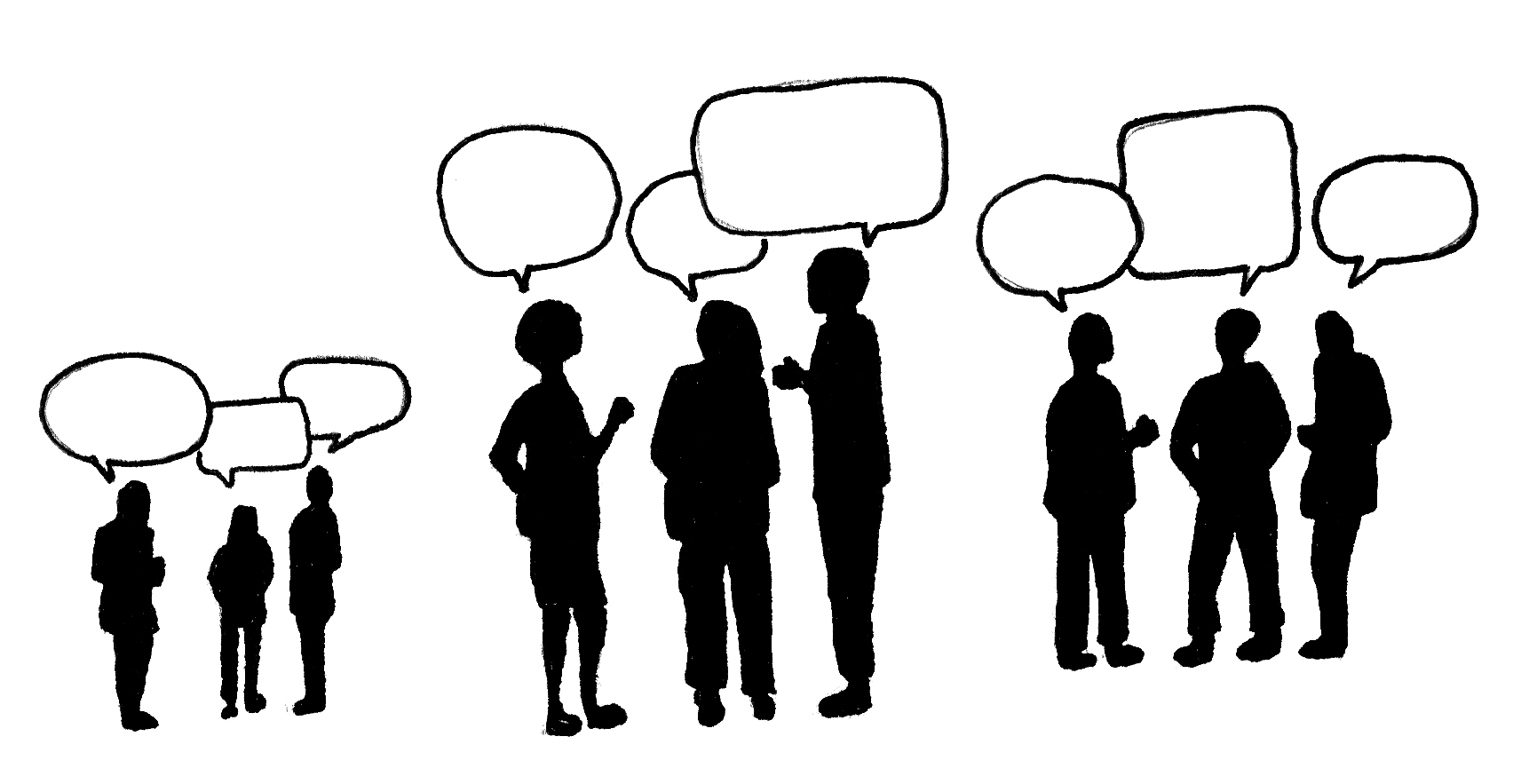Appropriate my culture
November 16, 2018
 This
piece represents the opinion of the author
.
This
piece represents the opinion of the author
.
 Natalie Rudin
Natalie RudinIt has been three long years since the last instance of widescale cultural appropriation at Bowdoin. Halloween has come and gone with nothing worthy of news, and it appears as though we just might have entered a post-racial society. But what if I told you another Tequila Party was planned for this weekend? It’s not, but would you be surprised if it were?
In her honors thesis in the Department of Sociology, Pamela Zabala ’17 found that, “in the face of rising racial tensions, students and administrators [at Bowdoin] become locked in a power struggle that produces only surface-level institutional changes rather than meaningful reform.” I believe our campus conversations around cultural appropriation are one such instance of surface-level change.
When we talk of cultural appropriation—and we do so only briefly before Halloween—we operate under the assumption that every Bowdoin student understands the issue and cares to prohibit this on our campus. Almost every conversation starts and ends with something along the lines of, “please just don’t culturally appropriate.” We are afraid of cultural appropriation, and this fear denies any real solution to the problem. We should accept all people into the conversation, keep talking after Halloween and educate all students to understand why cultural appropriation is so problematic.
When I was a first-year, I heard whispers of the Gangster and Tequila Parties, but there was no official record of what exactly happened. I would have liked to hear about them from administrators during Orientation, but I got nothing. And in the absence of this shared history, I have found that students are enabled to exist in other versions of the truth.
There are people on this campus who feel the lacrosse team was sanctioned too heavily for wearing what they see as just costumes during Cracksgiving. I have heard from students, with backgrounds dissimilar from my own, that Cracksgiving was not as big a deal as we make it out to be. Moreover, they argue that the administration had no right to move the lacrosse team from their off-campus housing over a non-issue. All of this is in the past, but there are still frustrations in the present day. Is our liberal arts education really teaching students to understand cultural appropriation?
I think Cracksgiving was inappropriate because it belittled the experiences of Native Americans. The BSG President at the time was rumored to have dressed up as the literal Trail of Tears, the forced removal of Native Americans from their ancestral homelands that saw 15,000 natives perish. I think wearing their culture as a costume denies them their humanity because they were people, not props. Moreover, it trivializes the white supremacy that relocated and annihilated Native Americans in our country. You have no right to represent them unless you share their identity.
I am obviously against cultural appropriation, but I recognize that this is not yet a shared value on campus. For it to be, however, I need to hear from people who disagree with me. The students of this liberal arts college are not entirely liberal in ideology, and we should acknowledge that in our conversation around cultural appropriation.
It is my worry that the current climate silences those voices who disagree with the mainstream culture. There is an argument that public shame will eliminate hate, but I think it is only displaced this way. And so by forcefully condemning cultural appropriation, we hide away from the hate rather than truly confront it.
Zabala’s research shows that Cracksgiving, the Gangster Party and the Tequila Party were not isolated incidents but rather parts of a pattern. We will see another Gangster Party—Colby just had one last weekend. It is my hope, however, that we create meaningful reform before someone appropriates my culture rather than after it. We need to publicly acknowledge our past and welcome all voices for a reconciliation. Put the history of Cracksgiving right next to the diversity photos on our website. Tell prospective students what really happens here at night, and let’s change our educatory process around cultural appropriation to call people in rather than call them out. Maybe then we will move past surface-level change.

Comments
Before submitting a comment, please review our comment policy. Some key points from the policy: